The blood is on their hands !
Illegal activity by the British State during the decades of Northern Ireland's Troubles needs to be owned up to, a body set up by the British government said today.
The Consultative Group on the Past, established last year to produce a report on how Northern Ireland dealt with the legacy of its conflict, said innocent people had been allowed to die.
The group is due to produce a report later in the year but the co-chairman, retired Church of Ireland primate Lord Eames and former Policing Board vice chairman Denis Bradley,outlined their thinking in an address in Belfast. They made it clear it was not just the actions of the republican and loyalist terrorist groups that had to be come to grips with, but those of the British state as well.
Lord Eames said what many had great difficulty in coming to terms with was that “the state not only sought to be an honest broker during the conflict but also played a combative role and, in this context, sometimes went beyond their own rules of engagement”. He said it was one of the critical issues facing the group,difficult as it may be for some in society to hear.
“Elements of the state, on some occasions, acted outside the law and through handling of intelligence it could even be said innocent people were allowed to die".
"We cannot ignore that, in fact, the state sometimes acted illegally.”
The group did not believe unionists had anything to fear from listening to and trying to understand how the state conducted itself - discovering or admitting wrong things were done could be a “liberating experience”, he said, "But admitting state wrongdoing must not take away from the work of the vast majority of the British security forces, Lord Eames added.
Having to confront the state about acknowledging its wrongdoing must not take away from the majority of men and women in the RUC and UDR/RIR who did their duty and suffered appallingly and unjustly as a result,” he said.
Mr Bradley said the gathering of intelligence and the use of informers by the state was almost inevitable and had undoubtedly saved lives and stopped atrocities. But he noted Northern Ireland was a small place with close-knit communities. “The scale of the use of informers throughout the conflict corroded the fabric of our communities and the constant pressure now exerted for information about informers to be revealed only serves to further undermine the well being of communities to a degree that could be poisonous.”
Another key challenge identified by the group was how far the justice system could deliver for victims and survivors -and it said many may have to face up to the fact no one would ever be brought to book for their actions.
Mr Bradley said a democratic criminal justice system was
vital to a civilised society, but the judicial process was a “crude instrument” to use when dealing with a conflict such as that experienced in Northern Ireland.“We must be honest with ourselves about the realities of what any court or inquiry can deliver.”
There were otherways of seeking the truth that do not include long drawn out judicial processes, he said. Lord Eames said everyone must be encouraged by developments in Northern Ireland over the last few years but warned "the reality is that we live in a society that is still divided". "There are issues from the past that must be dealt with if we are to truly ensure that we do not repeat the mistakes ofthe past." Sinn Fein boycotted today's event, saying it protested at the failure of Lord Eames and Mr Bradley to invite republican groups representing the families of those who were victims of British state violence. A spokesman for the Consultative Group said they had not invited any victims` groups to the event for fear of missing someone out. All such groups would be invited when the full report is launched later in the year, he said.
Subscribe to:
Post Comments (Atom)
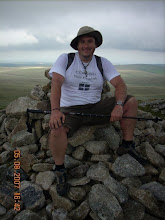


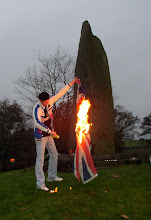












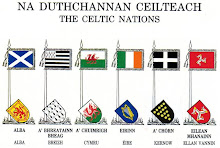.jpg)






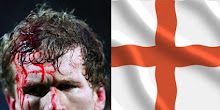









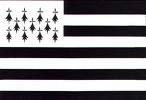






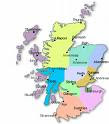














No comments:
Post a Comment